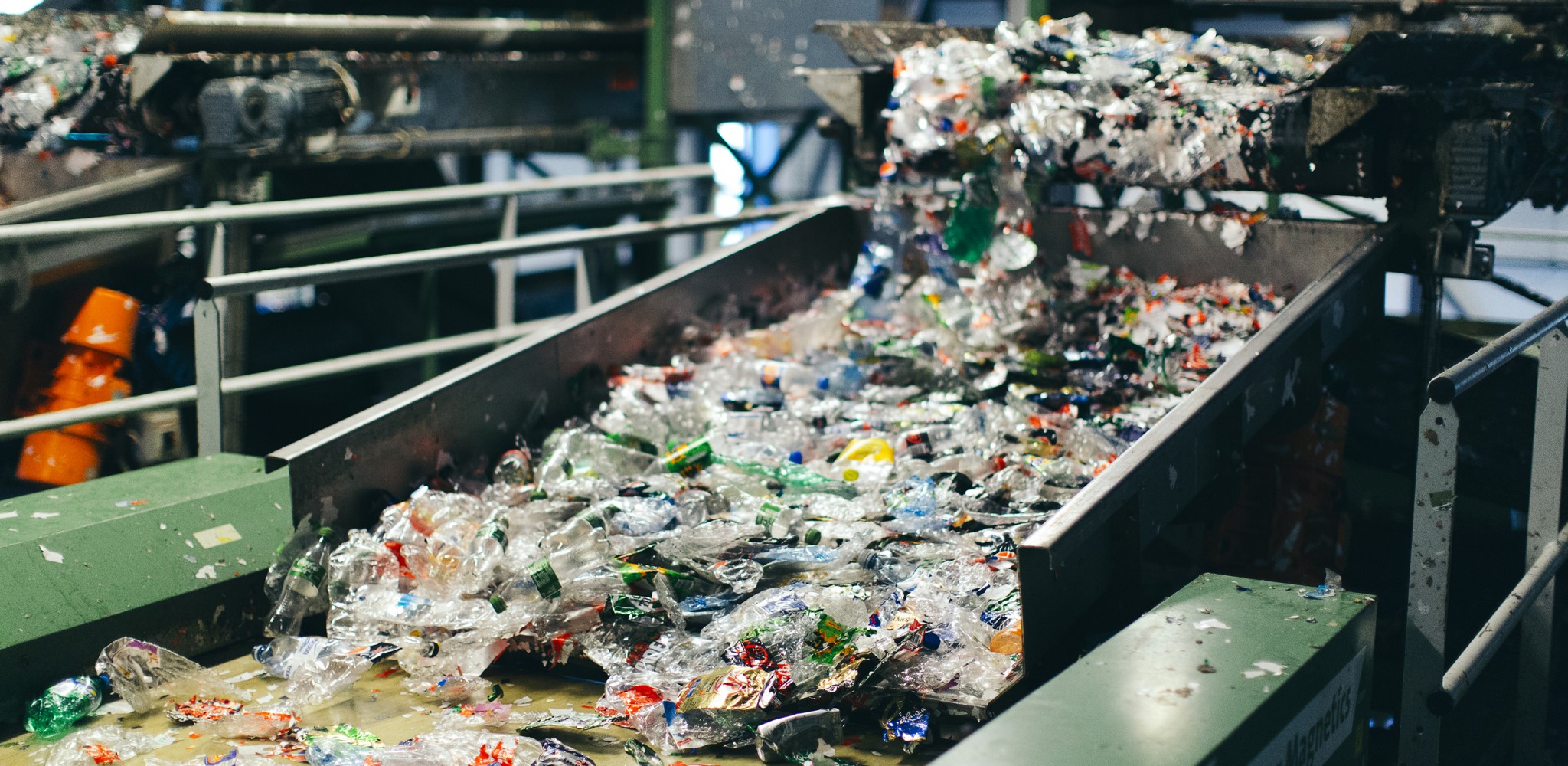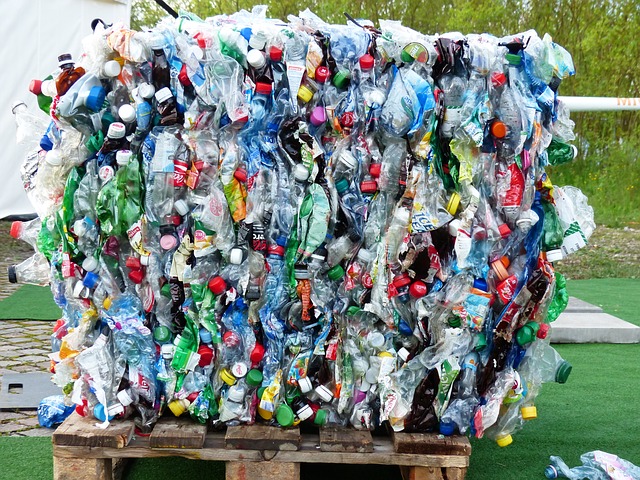
- Sustainable Planet -
- 4mins -
- 637 views
97% of plastic bottles in Norway get recycled: why can’t ours?
Norway’s hyper-efficient deposit scheme sees an impressive 97% of all plastic bottles recycled. Could this be a blueprint for the rest of us?
Could Norway’s efficient deposit scheme help us solve the plastic crisis?
The Norwegian model uses a loan scheme whereby the bottle you ‘purchase’ does not belong to you. Instead, it can be exchanged at the several thousands of reverse vending machines, or over the counter at stores and gas stations in return for cash or store credit.
Buying the product but just borrowing the packaging
If that isn’t enough, the Norwegian government implemented an environmental tax on plastic producers which can be reduced the more they recycle.
- If collectively, over the nation, recycling is above 95% then everyone is exempt from paying the tax. Over the last seven years plastic producers have continued to reach this target.
- To ensure consumers also meet the target, they attach a deposit onto the bottle of around 15 to 30 cents which will be redeemed when it is returned.
AN EMPTY BOTTLE IS FULL OF ENERGY!
A bottle can be recycled 12 times. Clear bottles are used to re-make bottles and the coloured ones can make new plastic materials.
The model has been welcomed by small shop owners as they receive a small fee for each bottle and some say it even increases business.
Since the introduction of this elegantly simple scheme, the organisation behind it, Infinitum, has been visited by representatives from many countries – including Scotland, India, China, Australia and others – all of whom are interested in following the nation’s lead.
Germany and Lithuania are two of the only countries that can compete with Norway, and they both use similar systems.
EVEN IN NORWAY THERE IS STILL ROOM FOR IMPROVEMENT
This year, Infinitum estimates that 150,000 bottles will not be returned, and if they had, it would have saved enough energy to power 5,600 households for the year.
“We want to get to the point where people realise they are buying the product but just borrowing the packaging.”
— Kjell Olav Maldum, chief executive of Infinitum, the organisation which runs Norway’s deposit return scheme for plastic bottles and cans, told The Guardian.
Source: ClimateAction.org

Energy calculator: what returned bottles mean in real world savings
An empty bottle is full of energy, and the environmental impact of returning your empties is much bigger than many realise. Below, you can find out how much energy is saved when you return your empty PET bottle (of average size).
1 bottle —If you return one bottle, you save enough energy to fully charge a mobile phone seventy times.
2 bottles—If you return two bottles, you save enough energy to listen to music on your mobile for 40 weeks straight.
3 bottles—Three returned empties equal the energy consumption of an electric drill for six hours.
5 bottles—Every second, day and night, all year around, five bottles disappear from the deposit system. These bottles could save enough energy to run a high-pressure washer for nearly three hours.
7 bottles—If you return one bottle every day for a week instead of tossing it, you can keep a chainsaw running for more than three hours.
30 bottles— Annually, the average Norwegian dispose of 30 refillable bottles in the trash. These bottles contain enough energy for every Norwegian to use a lawnmower for ten hours.
(Energy Calculator continued below)
Source: Infinitum.no

Energy Calculator: what returned bottles mean in real world savings
285 bottles—Every second, day and night, all year around, 285 bottles are deprived of an eternal life in the deposit system. These bottles contain enough energy to run a dishwasher 170 times.
17 113 bottles—Every hour a day, an average of 17 000 empty bottles are not returned. If they had returned, their energy could have kept a 4 HP outboard motor running for more than 185 days.
410 000 bottles—Every day, 410 000 empty bottles are not returned. The lost energy could run a moped for almost 1.2 million kilometers – or 30 times around the earth.
2 884 500 bottles—Nearly 3 million bottles are lost every week throughout the year. If they returned, the energy could run an average family car for 2.5 million kilometers. The same amount of energy could run an electric car more than four times that distance, for a total of 9.7 million kilometers.
12 500 000 bottles—Every month, 12.5 million bottles are not returned. The lost energy is equivalent to driving a truck for nearly 5.6 million kilometers. That is 140 times around the earth!
150 000 000 bottles—This year, Infinitum estimate that 150 million bottles will be lost. If they were returned, that could save enough energy to power 5 600 Norwegian households for a year.
Source: Infinitum.no

